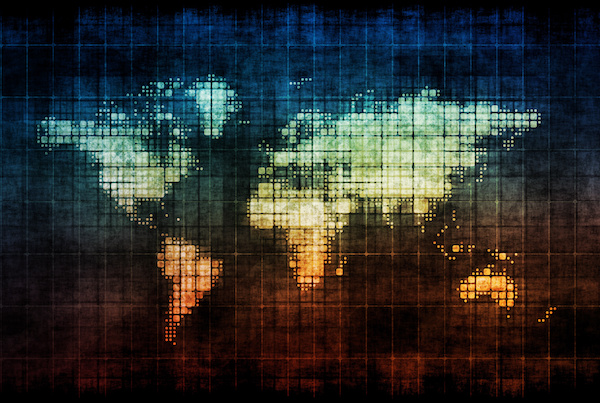After the Paris Summit: A global financial architecture that works for Africa
June 28, 2023
At the Paris climate finance summit, the African heads of state and government made clear demands – and they were heard. Concrete progress was made with Zambia’s debt restructuring and the partnership for a just energy transition in Senegal. In the future, too, Africa must have an equal seat at the table so that the global financial system benefits everyone.
The summit for a new global financial pact in Paris has come to an end. We are still a long way from where we need to be to get Africa’s global financial architecture in shape today. But I am encouraged by some of the steps taken and commitments made over the past few days. Let me give four examples.
1. A strong coalition for reform
First, we saw a coalition of strong voices that agreed that the current international financial architecture is not working for the world we now live in – especially not in overlapping crises – and that we urgently need solutions. These voices came not just from the Global South or the Global North, but from everywhere, including from the multilateral development banks, from philanthropists and from civil society.
2. The common voice of Africa
Second, African leaders spoke with one voice . For the past year we have been concerned that African leaders did not have a common position. This has resulted in a lack of a strong African voice on how we deal with challenges like climate finance, debt relief, trade, security, and more. But in Paris we heard very clear demands from our heads of state and government:
- debt restructuring that gives the crisis countries more leeway and liquidity;
- a real solution to the pending shortfall of concessional funding from the International Development Association (IDA), which is expected to hit in 2024;
- climate finance that delivers on previous promises and creates new opportunities for green investment in Africa;
- a transition from talk to action; and
- an equal seat at the table.
3. Tackle all problems at once
Third, the Paris summit appears to have finally resolved any real or perceived trade-offs between middle- and low-income countries, the Bridgetown agenda and the African agenda of climate finance versus finance for development . Over the past two days, it has become abundantly clear that a financing architecture that is truly appropriate for today’s world must address all of these issues at the same time. For real progress these things must be worked on hand in hand.
4. Long-awaited announcements and actions
Finally, it was great to see several long-awaited announcements and actions following discussions during the World Bank-IMF Spring Meetings in April:
- The World Bank debt pause for countries hit by natural disasters,
- Zambia’s debt restructuring,
- a partnership for a just energy transition in Senegal,
- a strong call for an African Union seat at the G20 and
- positive progress towards meeting the required $100 billion commitments for the recycling of Special Drawing Rights, which would provide much-needed liquidity to African countries facing economic shocks, climate crises and funding constraints.
Future key moments
That’s a good start, but not enough. We have a long way to go in the coming months to maintain this momentum. The Paris Summit released a roadmap for action up to 2024, identifying key moments to deliver on the promises made at that summit and in previous meetings. For me and my colleagues at the African Center for Economic Transformation, there are two very important things to focus on as we head towards the Africa Climate Summit in Nairobi, the World Bank-IMF meeting in Marrakesh , COP28 in Dubai and beyond should focus.
Further strengthening Africa’s position
We will continue to build a strong coalition of African leaders and organizations committed to concrete change in the global financial system. At the request of finance ministers, we are developing a Marrakesh Declaration , to be adopted in October, that will set out Africa’s position and what is needed to make this agenda a reality – with the support of a wide range of civil society, think tanks and government partners across the continent and worldwide.
Equality for Africa
At the same time, we will remain committed to ensuring that Africa has an equal voice and participation in global forums and global institutions where decisions that affect Africans are made. A good start will be the AU’s seat at the G20 – we hope it will become a reality next year after India’s Prime Minister Modi takes encouraging action. But this must also extend to the World Bank, IMF and other global institutions where Africa’s voice is all too often drowned out by larger shareholders. We need to move away from a situation where whenever Africa has an idea, instead of sitting down with other countries and simply stating our needs, we have to launch a cumbersome and expensive advocacy campaign. In Paris, the table was set for Africa and we made our voices heard loud and clear. Let’s keep this energy going until we achieve a global financial architecture that benefits all Africans.
This piece was first posted on A Global Financial Architecture for Africa • ESG. Table
Learn more